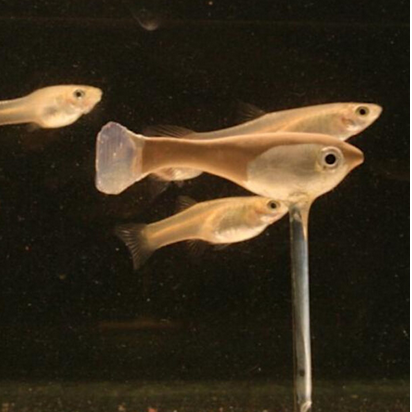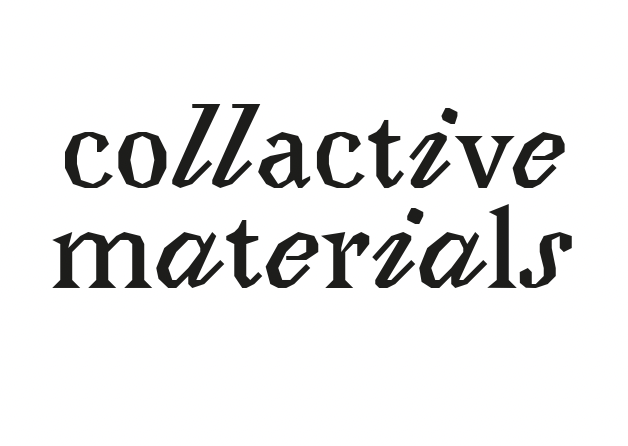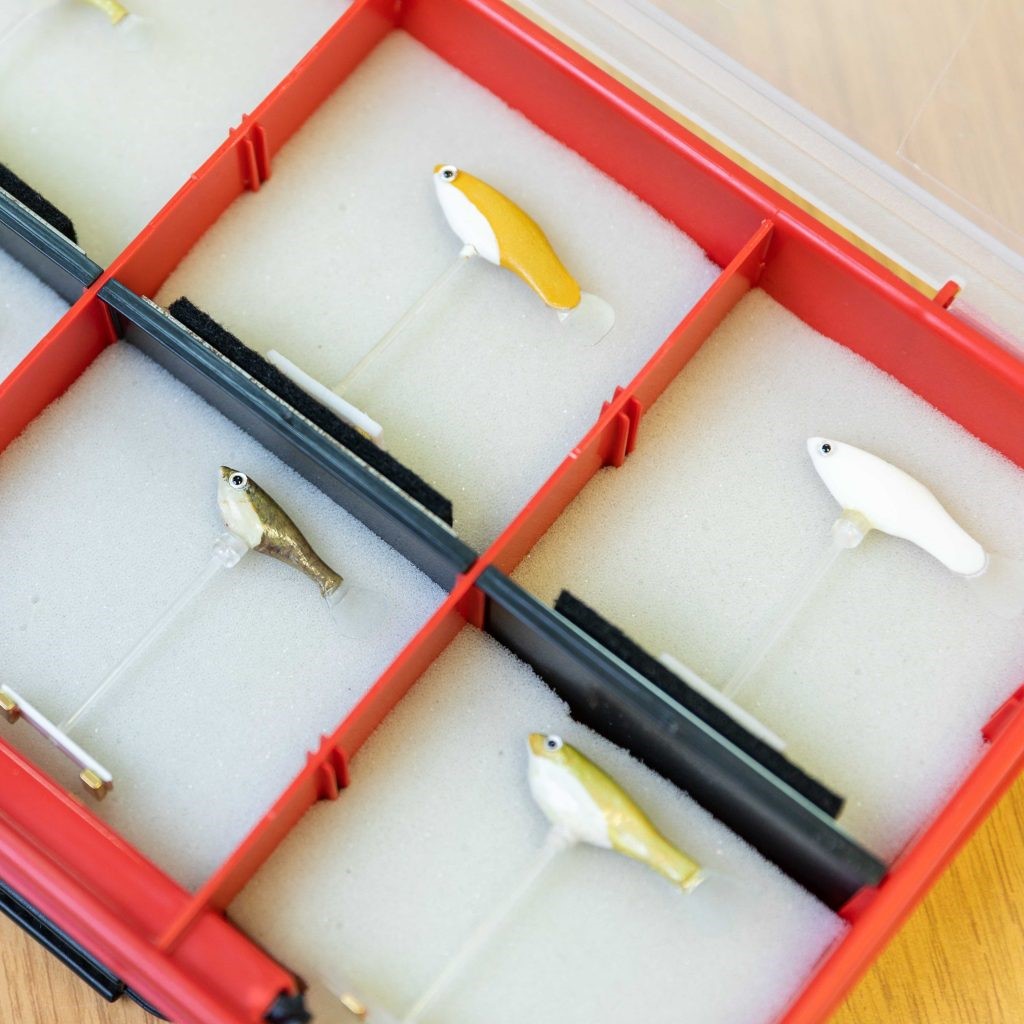
Alan Tump, Dominik Deffner, David Mezey (Science of Intelligence), “How Cognitive Computational Modeling Can Help Us Better Understand Principles Underlying Collective Intelligence”
Abstract: Collective dynamics play a crucial role in everyday decision-making. Whether social influence promotes the spread of accurate information, and ultimately results in collective intelligence, or leads to false information cascades and maladaptive social contagion depends on the cognitive mechanisms underlying social interactions. In our talk, we will argue that cognitive modeling, in tandem with















